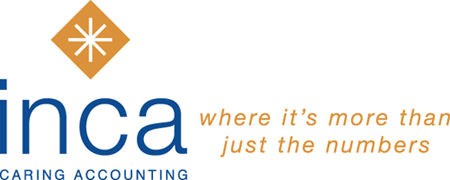If you operate a limited company, you’ll know that the new tax year is set to bring big changes to Corporation Tax.
Currently, companies have to pay Corporation Tax on their profits at a flat rate of 19%, irrespective of the level of profit they make. However, from 1st April 2023, things are changing:
- Companies with taxable profits exceeding £250k will pay Corporation Tax at 25%.
- Companies with taxable profits between £50k and £250k will pay Corporation Tax on a sliding scale between 19% and 25%, depending on their level of profit.
- Companies with taxable profits under £50k will continue to pay Corporation Tax at 19%.
In a policy paper published in March 2021, the government explains its objective to ‘raise revenue whilst keeping the UK’s rate of Corporation Tax competitive relative to other major comparable economies and excluding the least profitable businesses from a rate increase.’

You can’t avoid the increase – but you may be able to mitigate the impact
All businesses – apart from those turning over less than £50k, will see the rate at which they have to pay Corporation Tax increase from April. Of course, there’s no way to avoid the increase, but by taking certain strategic decisions, some businesses might be able to reduce the overall level of Corporation tax they have to pay.
- If your year-end falls soon after April
Companies with accounting periods ending soon after April 2023 will pay a pro-rated corporation tax rate on a ‘just and reasonable basis’. In other words, businesses with a financial year that ends in April, May or June 2023 will have some of their profits taxed at the old flat rate of 19% and a proportion (depending on when their financial year end falls) taxed under the new rules as outlined above.
The further into 2023 their year-end is, the less the effect will be, but there will still be a benefit if they can take action to increase their taxable profits in their 2022/23 accounting period or, conversely, reduce their profits in 2023/24.
To minimise their Corporation Tax bill then, businesses in this position might want to consider the following:
- Pushing to complete sales so they fall into the business’s 2022/23 accounting period.
- Delaying expenditure or costs until after the start of the business’s 2023/24 financial year to help lower profits and tax liability.
- If you’re thinking of making a director’s pension contribution
Often, directors will make a pension contribution just before the end of the tax year. But to take advantage of the current flat rate of 19%, businesses with a March year-end that are already making a profit of over £250k are unlikely to want to reduce their profit level for their financial year 2022/23.
If this describes your position, you might want to delay making your pension contribution until between the 1st and 5th of April.
For example, if you make a £40k pension contribution on 1st April, it will sit in the 2022/23 tax year – but in your 2023/24 accounting year, potentially saving you up to £2,400 (6% on £40k).
Let Inca Help You Make the Right Decision & Ensure You Don't Pay More Corporation Tax Than Necessary!
The introduction of the new rules on Corporation Tax is only weeks away. If you’d like help or advice on what action you should take to ensure you optimise your tax efficiency, speak to one of our experts today!
Call us now on 01235 868888 or email us at [email protected]




